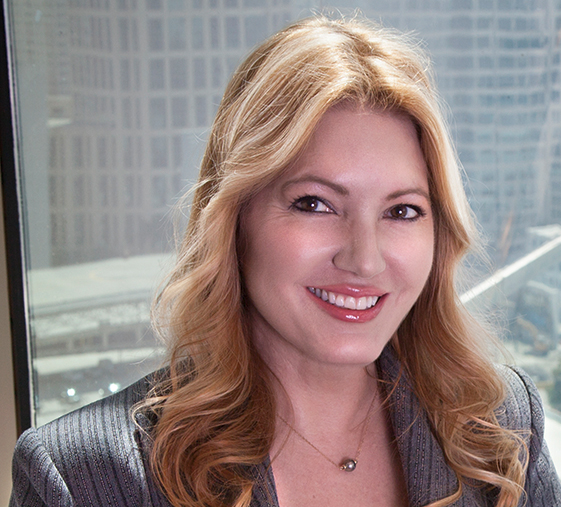Contributed by Donna DiMaggio Berger, Esq.
Raised voices, reddened faces, and angry gestures. You might think you are watching a congressional hearing on C-SPAN, but you are at your community’s board meeting.
The erosion of civility in our society has begun to manifest itself in private residential communities. This comes in many forms—from rudeness and disruptive behavior at meetings to more dangerous and escalating actions.
While it is impossible to legislate civility, the proximity of a multifamily dwelling or a community with shared amenities heightens the impact of these behaviors and creates myriad legal issues and operational challenges for volunteer boards and their managers.
Perhaps the most difficult legal issue is the determination of when a lack of civility requires action in the form of regulation, enforcement or, in egregious circumstances, additional security measures.
Boards find the quality of life and the ability to conduct business diminished as limited time and resources are increasingly devoted to the personal interactions between residents and staff, instead of the operation of the community.
It is difficult to attract and retain good staff and contractors and, most importantly, no one will want to serve on the board or a committee.
Given the obligation of the association to protect the person and property of the residents, there is a point where regulatory and enforcement action is required.
- Run a businesslike meeting. The more organized and businesslike the board members are, the less opportunity for disruption.
- Have your board members set the standard for civility. Some communities even require board members to sign and adhere to a code of conduct to set the proper example and tone for the community. Most associations have bylaws that are decades old. In the last few years, I have updated countless sets of documents to provide operational and communication standards for directors and owners.
- Adopt and enforce board rules regarding the manner in which residents treat each other, the staff, and the contractors on the property. While this is subjective, most of us recognize truly unacceptable behavior when we see it.
- Operate with transparency and solicit input from the community. Some communities fracture because of a sense of secrecy and some fracture because of generational differences in the approach to maintenance and improvement of facilities. It is unlikely that every owner will agree that certain projects are necessary or that reserves should be fully funded yearly, but boards are elected to make tough decisions, not just popular ones.
Boards that address these issues and send a message that uncivil behavior is not tolerated will do a service to their communities.
Unlike that hearing on C-SPAN that you can turn off, discord in a community association cannot be stopped at your front door. Community association residents should realize that “living together†requires a level of civility and respect that we hope will flow upward at some point.
Is your community struggling with civility? What solutions have you tried? Comment below.

Donna DiMaggio Berger is a board-certified specialist in condominium and planned development law, a shareholder with the law firm of Becker, and serves as the executive director of the Community Association Leadership Lobby in Florida. She is also a fellow in CAI’s College of Community Association Lawyers. Article originally appeared on Sun-Sentinel.com and is reprinted with author’s permission.
The post Common courtesy: How to promote civility in community associations appeared first on Ungated: Community Associations Institute Blog.

